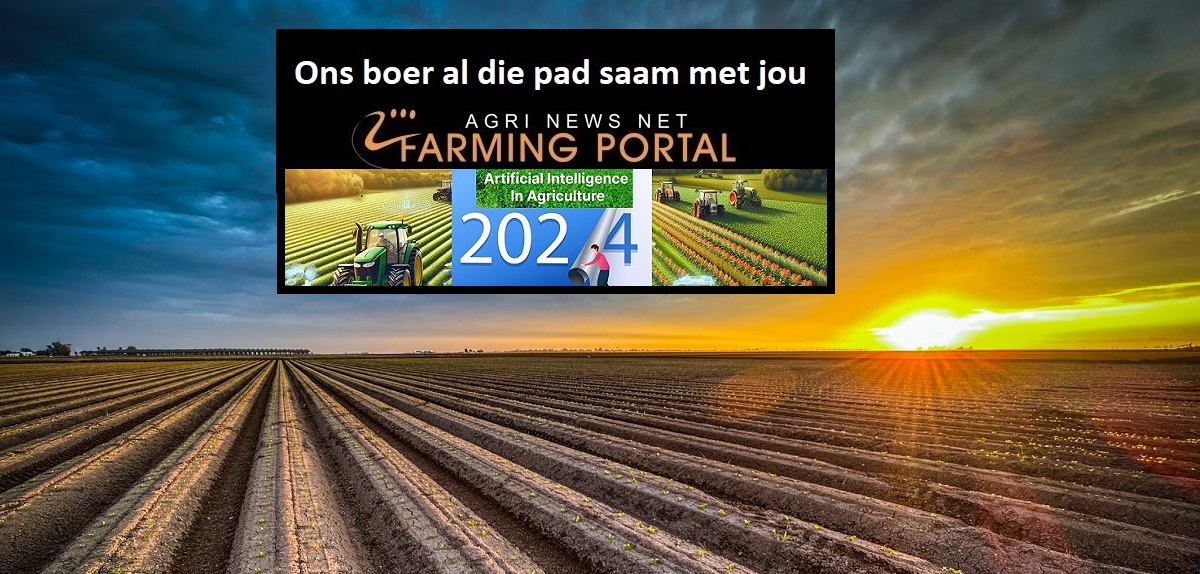When Peter Sibanda gets up to check on his goats one morning, all he finds are their remains.
All four of his animals lie dead in the boma, a southern African livestock enclosure designed to prevent predators from getting to the animals. This time, it was unable to stop the lioness from getting to her prey.
Sibanda has just lost goats worth around US$100 (RM420) – and now he will head off to his job as a safari guide, where he will explain the behaviour of lions to a group of tourists dying to get a glimpse of the big cats.
Sibanda works at a lodge close to the Hwange National Park in Zimbabwe. Wild animals are part of the 56-year-old’s daily life. “Our heritage,” he says, is both a potential threat and a source of income.
Many tourists go to south Africa to see wild animals – for some, it is even the main objective of the trip.
The Hwange National Park is the largest protected area in Zimbabwe, but is only a small part of a bigger, more ambitious project: the Kavango Zambezi Transfrontier Conservation Area, KAZA for short, is the largest cross-border natural reserve in the world – it covers an area of 520,000sq km across five countries.
Within the reserve, there are 36 national parks and two Unesco World Heritage sites, the Victoria Falls and the Okavango Delta.
Those in charge of KAZA – people from Namibia, Zambia, Zimbabwe, Angola and Botswana – are fighting for the protection of the reserve, across all borders. And they are fighting for a way for people to enjoy this biodiverse wilderness, while also protecting it.
One way the locals try to profit from the wild animals is trophy hunting: Rich tourists from around the world will pay thousands of dollars to be able to bring back the coat of a lion they slayed themselves, and it has become a lucrative business for local communities.
However, in Botswana, trophy hunting was made illegal in 2014, and now those communities are missing a significant source of income.
In Zimbabwe, another KAZA state, poaching is at an all-time high, says Enoch Zulu, which is partly due to increased poverty. He leads a group of ten men and women dressed in khaki-coloured clothing, who are getting ready for their daily patrol of the Hwange National Park.
Everyday this anti-poaching unit meets and tries to do their bit to reduce the number of antelopes being killed as a food source or elephants from being killed for their ivory.
The Hwange National Park’s wild dog centre is another example of how the project has helped save animals, while also helping the local communities.
David Kuvawoga, the head of the centre’s NGO, tells the story of how these wild dogs, who were living on the outskirts of a small village, had regularly been killing the villagers goats. In response, the villagers had massacred the wild dogs and their young, almost to extinction.
Now, the NGO has installed a hotline for local residents, who are having trouble with wild dogs – and Kuvawoga and his employees go to remove the dogs and find a place for them in the national park, where they can no longer bother the villagers.
Until recently, the money for the KAZA project went mainly towards building good infrastructure – streets or headquarters for rangers – and towards tourism.
Now, the money is supposed to go towards so-called Wildlife Dispersal Areas – areas where animals can roam freely, across borders, without hindrance.
In one of these areas lies a natural paradise, a place almost completely untouched by the tourism industry.
This is where the Zambezi river – which leads into the Victoria Falls further downstream – leads into a similarly breathtaking natural wonder, the Sioma Falls, in western Zambia.
Zambia is not the tourist haven that some African nations have become, such as Namibia or Botswana. Over the last few months, the Sioma Ngwezi National Park had almost no visitors at all, whereas Bostwana’s Chobe National Park is constantly packed.
This is the kind of imbalance that KAZA is also trying to change.














